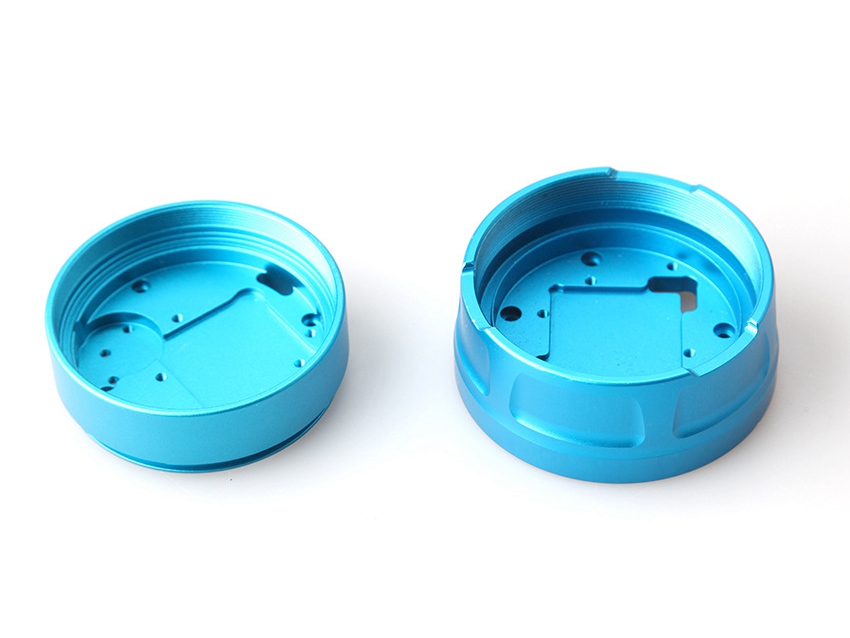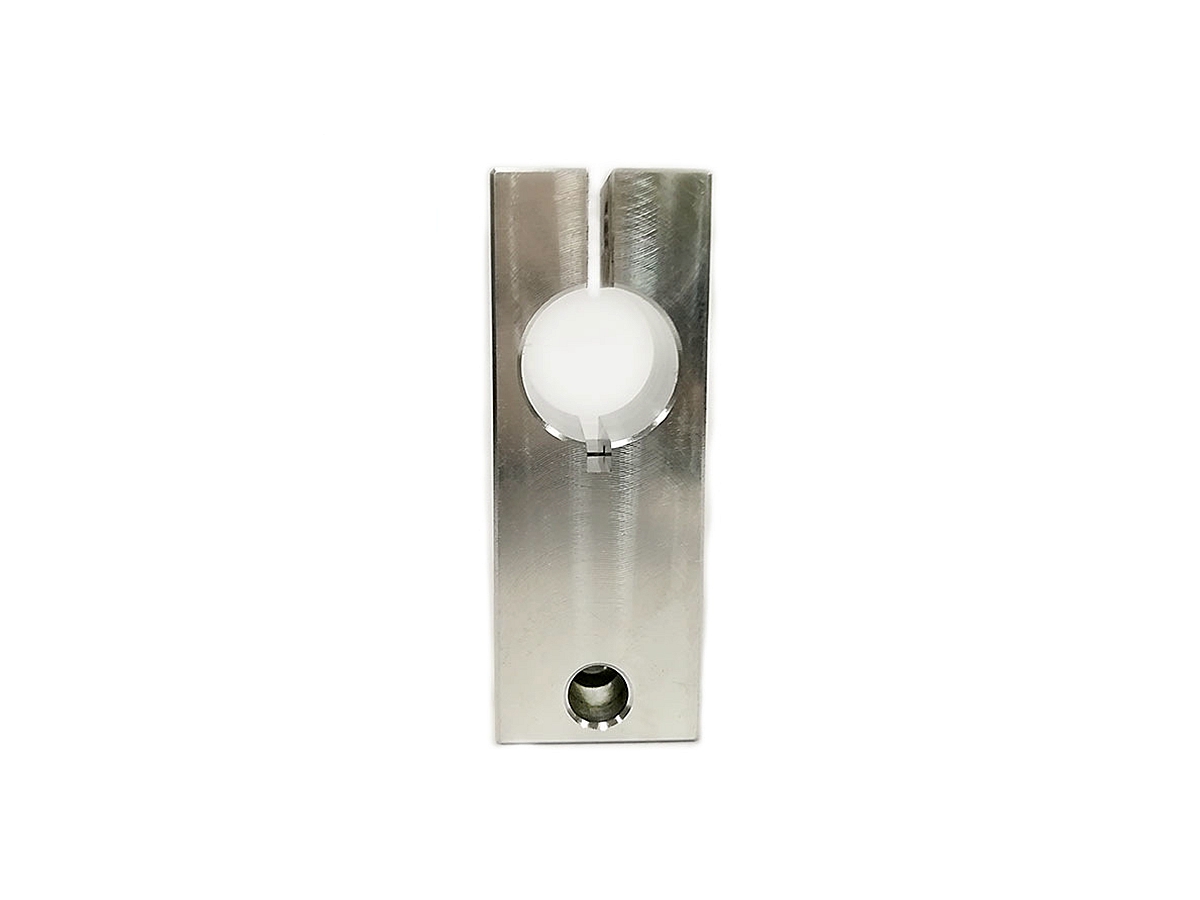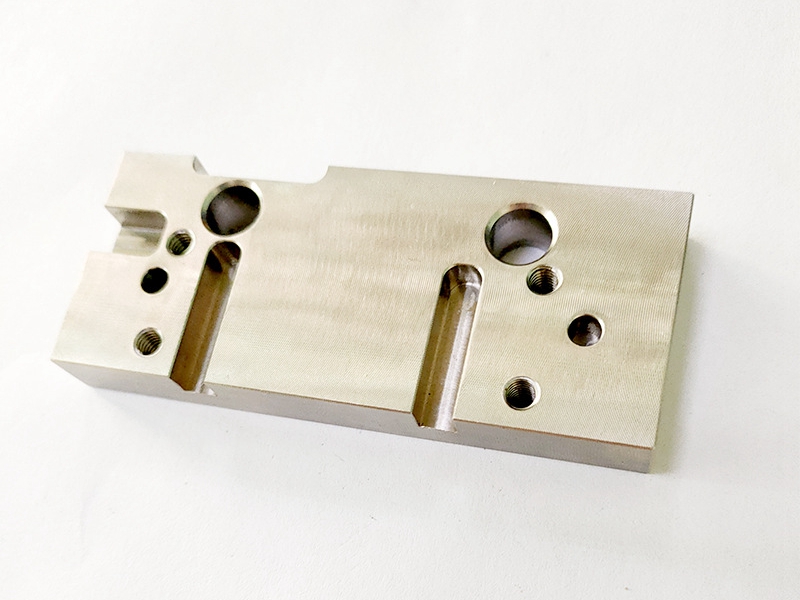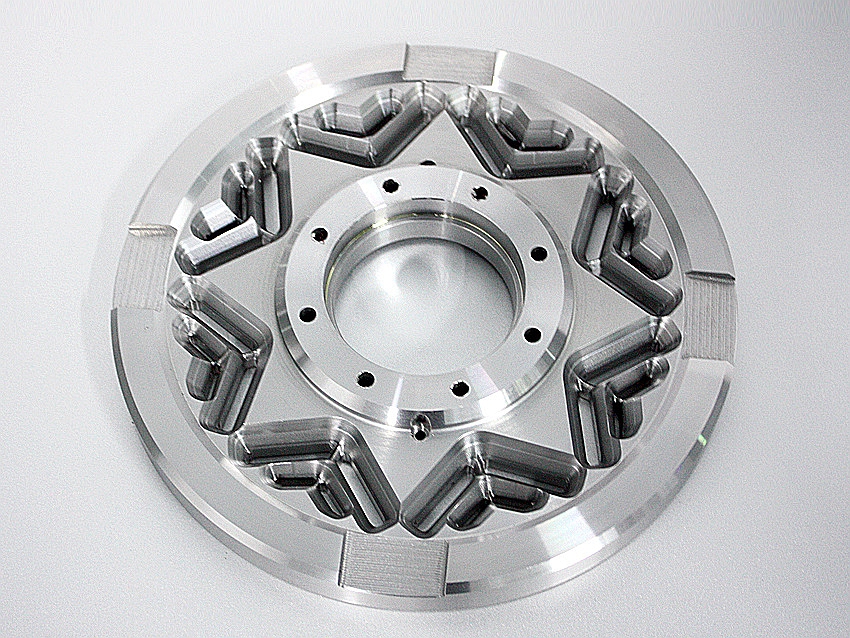Top 5 Most Cost-Effective Metals for Custom CNC Parts Without Compromising Performance
When selecting a metal for custom CNC machined parts, cost is a key consideration—but it should not come at the expense of mechanical performance, corrosion resistance, or precision. Several metal alloys balance affordability and functionality, making them ideal for a wide range of CNC applications.
This blog explores the top 5 most cost-effective metals used in CNC machining that deliver exceptional value without compromising quality. Whether you're prototyping or producing low-volume parts, these materials provide high machinability, strength, and consistency.
Why Material Selection Matters in CNC Machining
Material choice influences more than just the cost of raw stock. It directly affects:
Machinability: Determines cycle time, tool wear, and setup complexity
Tolerance Control: Influences achievable precision and dimensional stability
Surface Finish: Impacts cosmetic appearance and post-processing compatibility
Corrosion Resistance: Critical for components exposed to harsh environments
Structural Integrity: Affects strength, fatigue life, and safety factors
At Neway, we offer CNC machining services using a wide range of metals optimized for performance and cost efficiency. We support industries such as aerospace, automotive, energy, and electronics.
1. Aluminum 6061-T6
Machinability: 90% Tensile Strength: 310 MPa Yield Strength: 275 MPa Density: 2.70 g/cm³ Corrosion Resistance: Excellent Thermal Conductivity: 167 W/m·K Typical Cost: $3.00–$5.00/kg
Aluminum 6061-T6 is one of the most commonly used alloys in CNC machining thanks to its outstanding combination of mechanical strength, corrosion resistance, and ease of machining. Its excellent dimensional stability and low density make it suitable for lightweight structural applications. It responds well to anodizing, providing further corrosion and wear resistance.
Common Applications:
Aerospace brackets and airframes
Automotive parts and enclosures
Structural components in robotics and automation
Consumer electronics housings
See more about aluminum CNC machining to explore finish options and tolerances down to ±0.01 mm.
2. Mild Steel 1018
Machinability: 78% Tensile Strength: 440 MPa Yield Strength: 370 MPa Density: 7.87 g/cm³ Corrosion Resistance: Low (requires coating) Thermal Conductivity: 51.9 W/m·K Typical Cost: $1.50–$2.50/kg
1018 steel is a low-carbon, cold-rolled steel widely used in custom-machined components for its strength, uniformity, and affordability. Although it lacks natural corrosion resistance, it is easily finished with black oxide, powder coating, or galvanizing.
Common Applications:
Gears, shafts, and pins
Structural supports and machinery bases
Fixtures and jigs
Low-cost industrial parts
Explore carbon steel CNC machining for both prototyping and volume production with optional coatings.
3. Brass C360
Machinability: 100% Tensile Strength: 345 MPa Yield Strength: 100 MPa Density: 8.44 g/cm³ Corrosion Resistance: Good in dry conditions Thermal Conductivity: 125 W/m·K Typical Cost: $5.00–$9.00/kg
Brass C360 (free-machining brass) is the standard for machinability. It produces minimal tool wear, requires no lubrication in many cases, and allows for high-speed operations with excellent surface finishes (Ra ≤ 0.8 µm). Despite its higher raw material cost, it offers cost savings due to faster cycle times and lower tool maintenance.
Common Applications:
Plumbing fittings and valves
Electrical components and terminals
Decorative hardware
Precision instrumentation parts
Visit brass CNC machining services to see how we achieve tight tolerances and apply finishes like PVD coating.
4. Aluminum 5052
Machinability: 65% Tensile Strength: 230 MPa Yield Strength: 193 MPa Density: 2.68 g/cm³ Corrosion Resistance: Excellent, especially in saltwater Thermal Conductivity: 138 W/m·K Typical Cost: $4.00–$6.00/kg
Aluminum 5052 is highly corrosion-resistant and ideal for marine and chemical environments. While it is less machinable than 6061, it excels in applications requiring superior formability and corrosion performance. It can be welded easily and is frequently used in sheet metal designs and structural panels.
Common Applications:
Marine equipment
Battery enclosures
Structural sheet parts
Welded chassis and brackets
Neway machines 5052 with careful parameter control to prevent work hardening and to maintain excellent flatness in precision parts.
5. Stainless Steel 304
Machinability: 45–50% Tensile Strength: 505 MPa Yield Strength: 215 MPa Density: 8.00 g/cm³ Corrosion Resistance: Very high Thermal Conductivity: 16.2 W/m·K Typical Cost: $5.00–$7.50/kg
Stainless Steel 304 is a widely used austenitic alloy known for its excellent corrosion resistance, strength, and workability. Though it is more difficult to machine than aluminum or brass, it is cost-effective for applications requiring chemical resistance and long-term durability.
Common Applications:
Food-grade and pharmaceutical equipment
Marine components
Structural hardware
Custom fittings and fasteners
We offer stainless steel machining services with post-processing options like electropolishing, passivation, and bead blasting.
Honorable Mentions
Aluminum 7075-T6: High strength (tensile strength ~570 MPa), used in aerospace but more expensive
Cold-Rolled Steel (CRS): Economical alternative for high-stiffness parts
Copper C101 (T2): Superior conductivity, but higher material and tooling cost
Bronze C905: Used in high-load bushings and wear-resistant components
Conclusion
The top five metals—Aluminum 6061, Mild Steel 1018, Brass C360, Aluminum 5052, and Stainless Steel 304—offer an excellent combination of performance, machinability, and affordability. Selecting the right material is essential for balancing mechanical requirements with cost constraints.
At Neway, our engineering team helps customers choose the optimal material based on mechanical performance, corrosion resistance, thermal properties, and budget. From prototyping to production, we ensure every CNC machined part meets its specifications without inflating manufacturing costs.
Frequently Asked Questions (FAQs)
Which metal provides the best machinability and cost savings for CNC?
How do aluminum alloys compare to stainless steel in terms of strength and price?
Can brass be used for high-precision CNC parts in mechanical assemblies?
What’s the most affordable corrosion-resistant metal for outdoor parts?
How do I select the right metal for both machining speed and durability?




